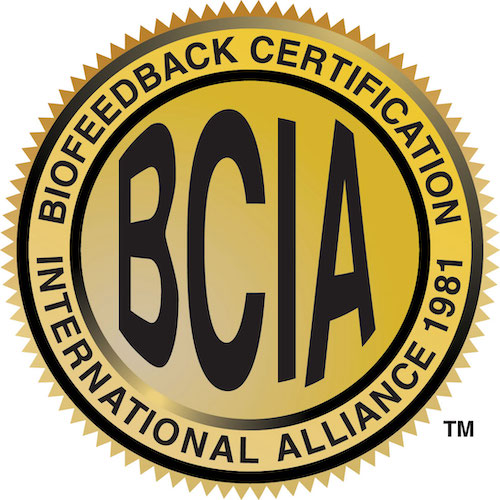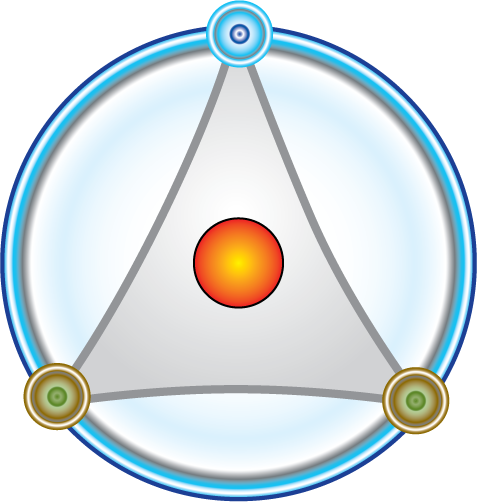HRV didactic training course
Introduction
In recent years there has been substantial support for heart rate variability biofeedback (HRVB) as a treatment for a variety of disorders and for performance enhancement (Gevirtz, 2013).
HRVB is efficacious as a treatment for anxiety (Moss, 2016), depression (Shaffer & Zerr,2016), hypertension (McGrady, 2016), Irritable Bowel Syndrome (Stern et al., 2016), chronic muscle pain and asthma (Lehrer, 2016).
This course is designed for therapists, interested in utilizing HRVB in their practice. The course content covers all items of the BCIA 16-hours didactic training in HRV, offered as an online course plus a 2-day workshop, focused on hands-on practice and case reports. The NeXus-10 multimodal biofeedback system, Kyto heart rate monitor with Elite HRV app and Firstbeat Life are used in the hands-on practices and case reports.

Literature
- Heart Rate Variability Biofeedback Improves Emotional and Physical Health and Performance: A Systematic Review and Meta Analysis. Paul Lehrer et al (2020). In: Applied Psychophysiology and Biofeedback
- Heart Rate Variability Biofeedback: How and why does it work? Lehrer, P. and Gevirtz, R. (2014). In: Frontiers in Psychology
Faculty
Daniëlle Matto
Psychologist, biofeedback therapist BCIA-BCB/HRV
Erik van den Top
Health & Performance coach, HRV practitioner/researcher specialised in behavioural change and lifestyle
Class format
Day 1:
- Introduction to Heart Rate Variability
- Influence of respiration on heart rate
- Hands-on: Measuring ECG, BVP (PPG) and respiration
- HRV analysis
- Hands-on Resonance Frequency assessment and HRV analysis
- HRV home training with Kyto heart rate monitor and Elite HRV app
- Treatment of hypertension (a full protocol)
Day 2
-
Why HRV training is not so simple: solutions for common problems
-
Demonstration: biofeedback stressprofiel
- Hands-on coherence check with Elite HRV app
- Firstbeat Life HRV measurement
- Treatment of sleep problems: enhance your treatment with HRV training and Firstbeat Life
Online part of the course
This course comes with an online self-study module, containing the following chapters:
- Introduction
- Anatomy and physiology of the autonomic nervous system
- Anatomy and physiology of the respiratory system
- Anatomy and physiology of the cardiovascular system
- Heartrate variability (HRV)
- HRV assessment
- HRV training
- HRV analysis
- Literature
One month before the course you will receive an email with the login code for the online part of the course. Completion of this online part is not mandatory, but it will give you a headstart in order to get the most out of your participation in the practical course days.
Learning objectives
After completing this course the participant will be able to provide HRV biofeedback training as a clinical tool and as an optimal performance tool using the modalities heart rate and respiration.
Who is this course for?
Health care professionals, like psychologists and physical therapists, who want to add HRV biofeedback to their clinical practice and individuals with no specified clinical background who want to apply HRV biofeedback for optimal performance training.
Date
14-15 March, 2025
Costs
€ 575 (2-day practical training course plus online self-study module)
Location
Conference center Eenhoorn
(opposite Amersfoort train station)
Barchman Wuytierslaan 2
3818 LH Amersfoort
Travel information
Amersfoort is easily reached by train from Schiphol Amsterdam airport (direct train connection, 45 minutes).
By car: enter “Amersfoort, Barchman Wuytierslaan 2″ on your navigation, you will automatically end up at the parking lot (15 euro per day) with 114 parking spaces, 8 of which have an electric charging point.
Hotels
NH hotel Amersfoort (7 min walk)
Berghotel Amersfoort (15 min walk)
Mercure hotel Amersfoort (15 min walk)

BCIA HRV certification program
This 2-day classroom training plus online self-study modules covers all 16 hours of the BCIA HRV certification program.
HRV mentoring (optional)
Online and classroom courses are the first step to becoming a biofeedback therapist. Mentoring helps you to improve your skills and knowledge during your learning process of becoming a biofeedback therapist. We offer mentoring for general biofeedback, including stress profiling and Heart Rate Variability (HRV). Meet your mentor: Daniëlle Matto, MA, Psychologist, Biofeedback therapist BCIA BCB/HRV. More information…
